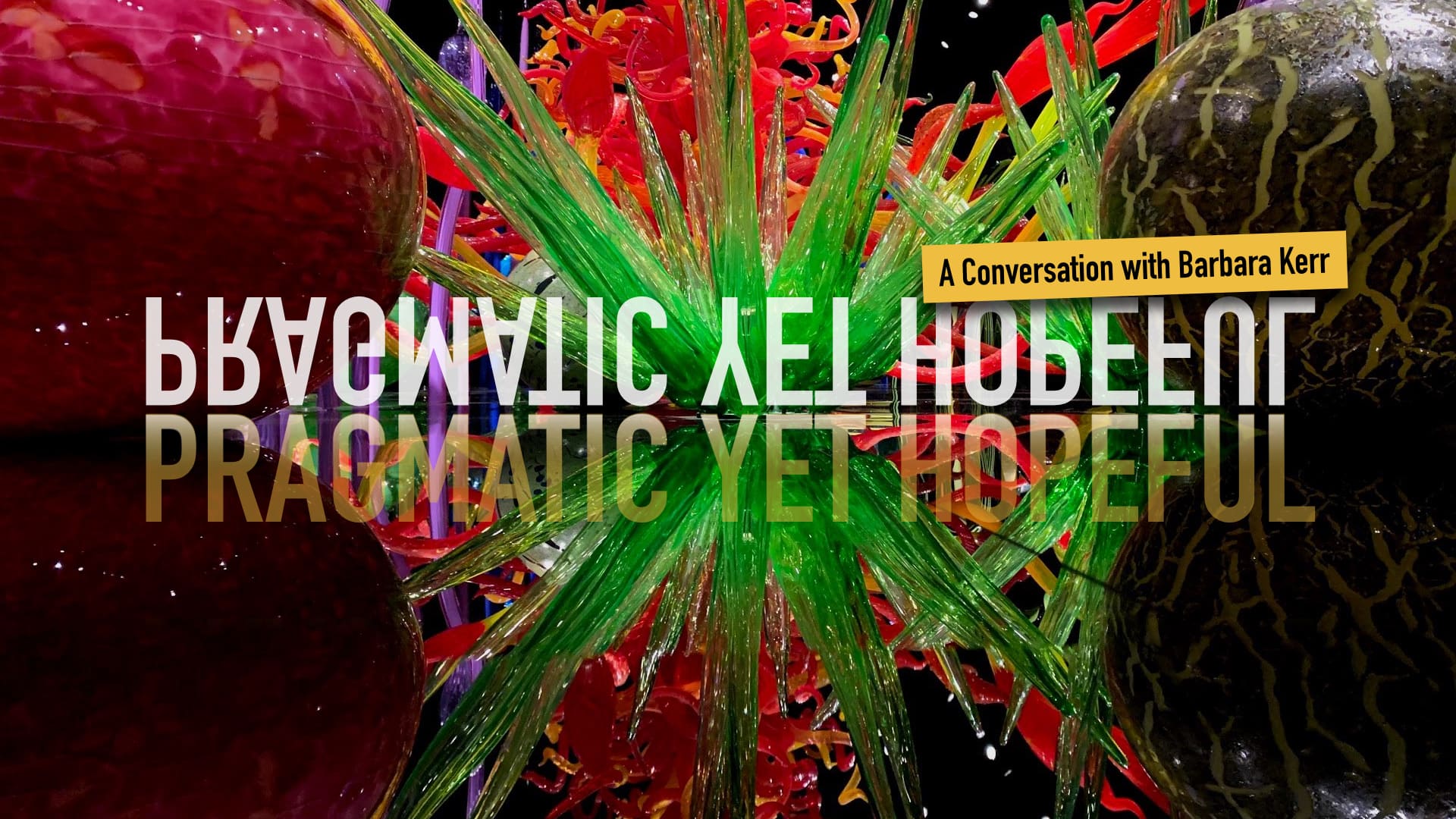I wrote this essay a few years ago, around the time I was going up for tenure. I saw writing this as a welcome change from the usual academic stuff I had been writing. I was bored and tired of taking on this third-person, impersonal intellectual voice and just wanted to write something for the pleasure of it. I wanted it to be intellectually honest but not “academic.” In short I wanted to write something that I would like to read (and would enjoy writing). The result was this essay which was published in FirstMonday (after a year-long wait).
FirstMonday has a huge readership, spread out around the world, and I received quite a bit of feedback from readers, which was been gratifying. It led to my being invited to offer keynote presentations by the Web-based Information Science Education Group at the 2005 and 2006 the American Library Association’s annual conferences. My suspicion is that this piece has been read by more people than any of my academic writing (except maybe the TCRecord TPCK piece I wrote with Matt Koehler).
Mishra, P. (2005). On becoming a web site. First Monday. V. 10. Available online at https://firstmonday.org/ojs/index.php/fm/article/view/1222/1142
Abstract: The course Web site is a critical mediator between the instructor and students in online classes. This requires a shift in how instructors think of their presence and influence on the classroom. This essay, based on the author’s personal experience in designing and teaching online, argues that the design of the course Web site needs to carefully reflect the passions and pedagogical philosophy that drive the instructor. It is also an argument against one–size–fits–all approaches to online course design as instantiated in most course management systems.



Raymond, good question but I think the issues I speak to in the essay, don’t have to do as much with technology as with capturing a sense of self and presence. That said, web 2.0 tools, video etc. can make a significant difference to the teaching / learning process. ~ punya
I am interested to see if you have changed your stance on online classes since you wrote this essay? It seems that the tools available to instructors have greatly improved over the years.
Thanks
Good work@